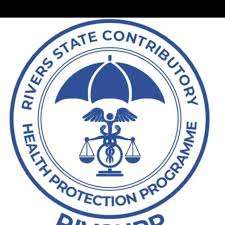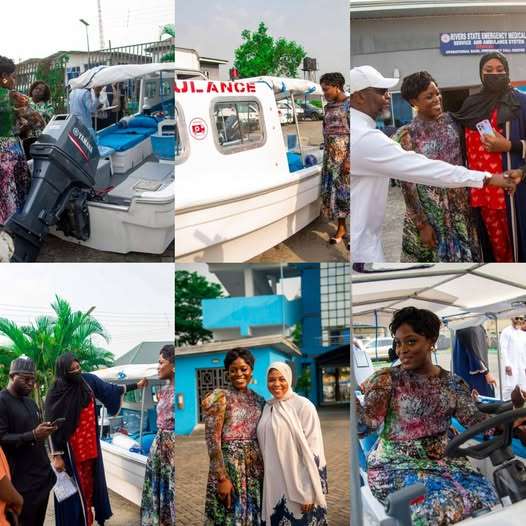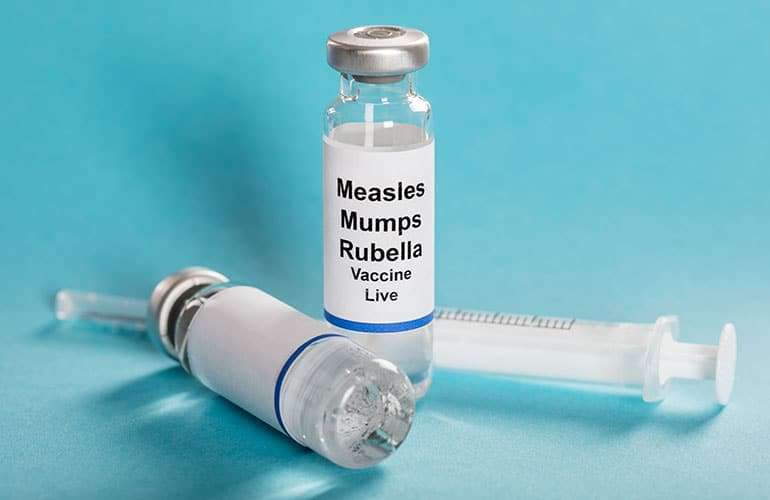The fear of coronavirus spread to Africa because of the continent’s close economic ties with China, the epicentre of the deadly outbreak, has become a reality as Nigeria, the continent’s largest population, confirmed its first case on Friday.
Nigeria is now the third country in Africa and the 48th globally to confirm a case of the viral disease now known as Covid-19.
Since it originated from Wuhan in China last December, the virus has claimed about 2,800 lives mainly from the Asian country and affected over 80,000 people globally, spreading to six continents.
Nigeria’s first case is an Italian businessman who arrived from Milan on Tuesday.
He flew into Lagos through the Murtala Muhammad International Airport without his case being detected, stirring memories of six years ago when West Africa’s ebola epidemic hit the chaotic megacity of 21 million.
Back in 2014, during the Ebola epidemic that was fortunately curtailed to only seven casualties, there were a lot of misconceptions and misinformation. They include a widespread rumour that bathing with salt water can prevent Ebola.
This time, also, there has been a lot of myths and false information about coronavirus spreading mostly on social media.
The social networking site, Facebook, has pledged to partner with the Nigerian government to check the spread of fake news and disinformation in the wake of the outbreak in Lagos, according to the News Agency of Nigeria (NAN).
To check misinformation and fake news about coronavirus, the World Health Organisation (WHO) has exposed 10 myths about the viral disease.
1. Hand dryers are effective in killing the new coronavirus.
No, hand dryers are not effective in killing a virus. The best way to protect yourself is to wash your hands with soap and water or an alcohol-based hand sanitizer.
Then use a hand dryer or paper towel to dry your hands.
2. Ultraviolet disinfection lamps kill COVID-19
No, ultraviolet lamps will not kill the virus and they can cause skin irritation.
3. Spraying alcohol or chlorine bleach on yourself can kill the virus.
No. They won’t kill the virus, and they will burn your skin. You can, however, use those substances to clean surfaces in your home or office that could have the virus on them.
4. It’s unsafe to open a package from China.
Yes, it is safe to open it. Coronaviruses do not survive long on objects like letters or packages.
5. I can get the coronavirus from my pet.
According to the WHO, there is no evidence that companion animals such as dogs or cats can be infected with the new coronavirus.
6. The pneumonia vaccine provides protection against COVID-19.
There is no vaccine yet that protects against the coronavirus, including pneumonia viruses. Researchers have said they believe a vaccine for COVID-19 will be available in about a year.
7. Saline rinses help kill the virus.
No. There is no evidence that regularly rinsing your nostrils with saline offers any protection against the new coronavirus.
8. The coronavirus is only dangerous for older people and those who have pre-existing medical conditions.
No, the coronavirus can affect anyone. Older people and those with certain medical conditions appear more vulnerable to the virus, according to the WHO.
9. Antibiotics will help if you get the virus.
No, COVID-19 is a virus. Antibiotics do not work against viruses.
10. Medicine given after the virus can cure it.
There is no vaccine or mention to prevent coronavirus, although cases have been successfully treated.













Leave a comment